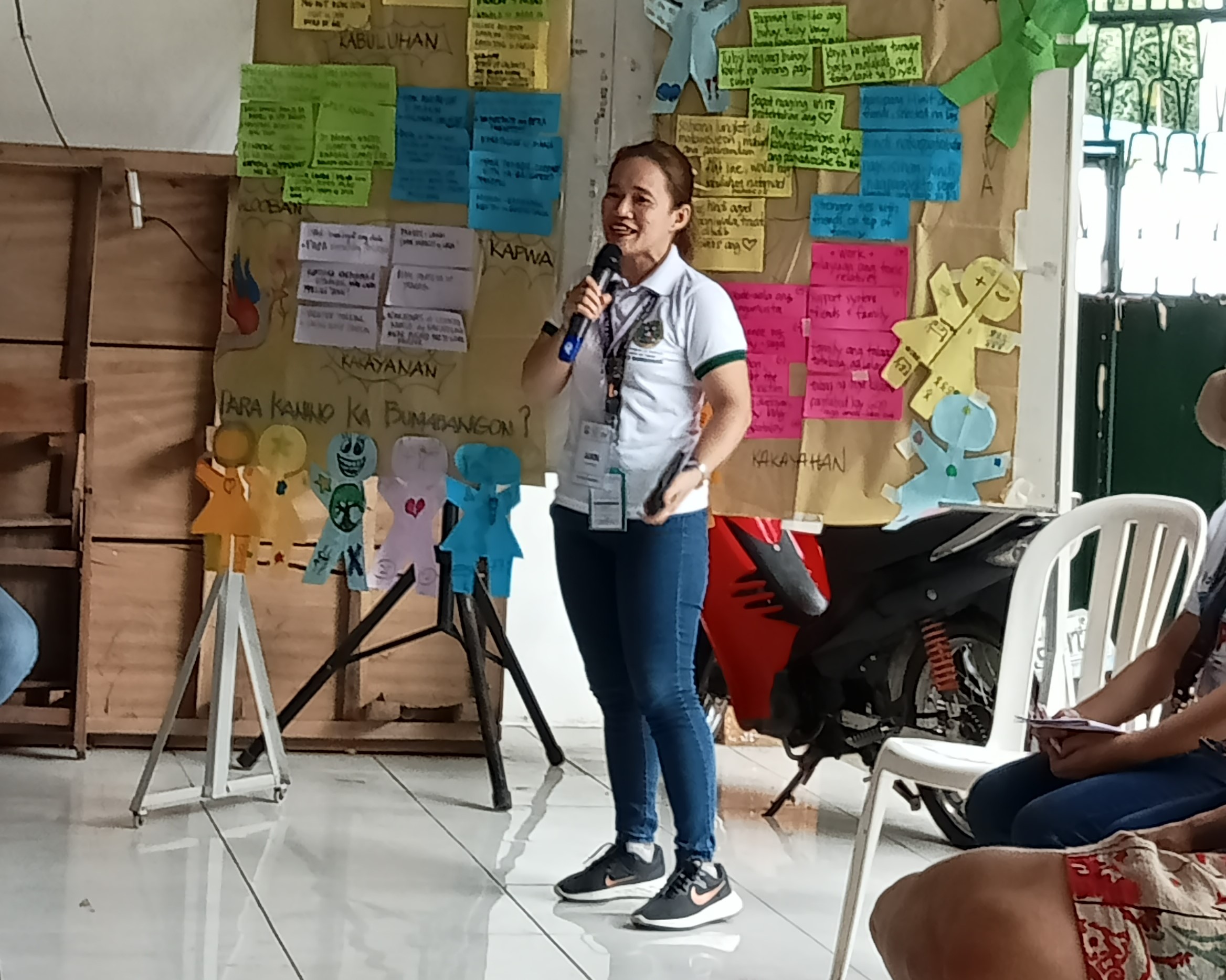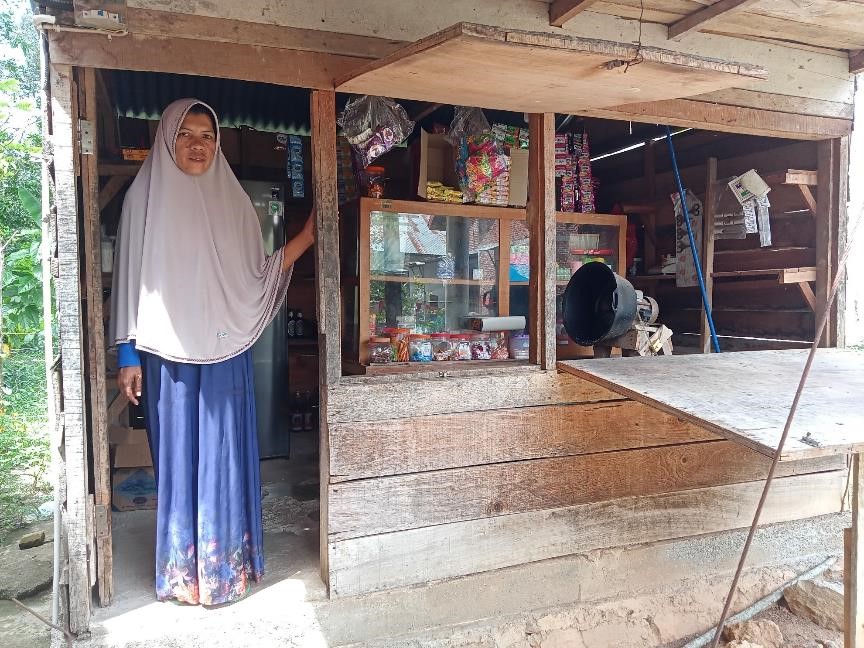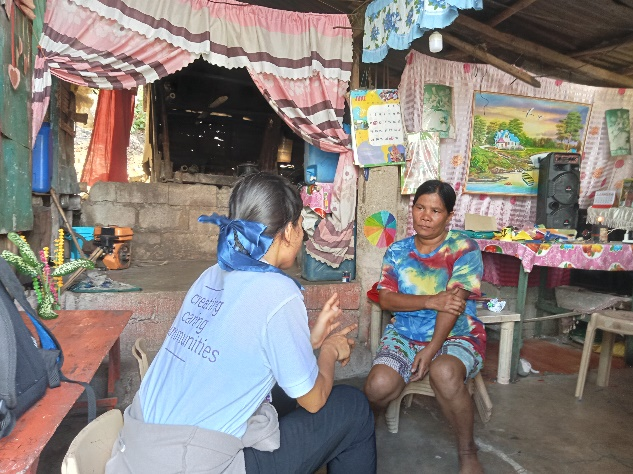Protecting future generations from River Blindness
Stories | May 30, 2018
From the heart of a loving aunty
When you live in the fast-paced lifestyle of Western culture, protecting future generations from River Blindness can seem like a distant and at times hard-to-relate-to topic.
From the heart of a loving aunty, Stevie Wills, CBM Australia’s Community Education Officer, unpacks the emotional moment she realised that protecting future generations is actually relevant to everyone today.
Meet Max
My nephew, Max, is a happy little kid. His laugh is joyous, infectious and cheeky. And it’s so easy to make him laugh. He thought it funny when I crawled above him as he crawled across the floor.
A few months ago Max had hand, foot and mouth disease. He was miserable. Too sore to eat. Too distressed to sleep. This happy, cheeky, cuddly kid was distressed and in pain. I couldn’t reach him with comfort.
It was heartbreaking.
River Blindness is a terrible disease found in parts of Africa. When black flies, found along rivers, bite people’s skin, parasites enter and multiply. When the parasites die they leave a toxin, which creates such intense itchiness that people try to cut it out with knives. Eventually the parasites reach and eat the optic nerves, rendering a person blind.
What if this happened to Max?
It was awful to see my little guy in pain. He was better in a couple of days. I couldn’t imagine Max getting River Blindness. It’s too painful for me to think about.
Knowing that there are many aunties and uncles, parents and grandparents out there who will witness their little loved ones lose their sight as they itch terribly… it breaks my heart.
And then there is the looming fear of what this will mean for their child’s future. Not only does the disease steal their sight today, but in many cases it will rob them of their hope for tomorrow.
Questions in a parent’s mind
“Will society still value my child if they can no longer do anything on their own?” And “will there be someone to watch out for them, helping them avoid the open fires and assisting them to the toilet?”
Or rather, “will someone care for my child when they are an adult and I’m no longer around?”
These are all valid questions that one might ask for their child’s future.
There’s still hope.
But, there is a medicine which kills the parasites, stops the itching and stops the spread of the disease.
Your donation can provide communities with the means to protect themselves and their families from such pain.
It’s distressing to see little ones like Max suffering greatly, and deeply instinctive to protect them.
With your help we can stop River Blindness afflicting children and their families.
Photo: Stevie with her nephew Max
https://www.cbm.org.au/stories/protectingfromrb
Related Stories

A Light of Hope
Content Warning: The story in this letter refers to suicide, which may be distressing for some readers. If you or someone you know is in need of support, please...

Small Business, Big Impact: supporting mental health in Indonesia
Work is a big part of our lives. Not...

A Resilient Woman
Margie, a mother of seven, is a daycare worker in a small coastal village in the Philippines. A few years ago, Margie was diagnosed with a mental health condition after...
